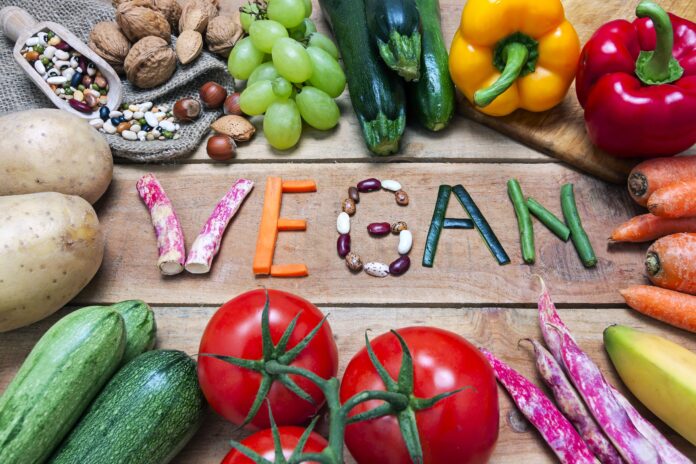Going vegan has become more prevalent in recent years. People have become more aware of the meat and dairy industries’ negative impact on the environment and animal welfare.
However, switching to a vegan lifestyle can be interesting, and it’s important to research before committing.
This article will provide you with everything you need to know about going vegan, from the basics of a vegan diet to the best brands offering cruelty free products; it’s easier than ever to make the switch. So, is being vegan difficult? Keep reading to find out.
What Is Veganism?
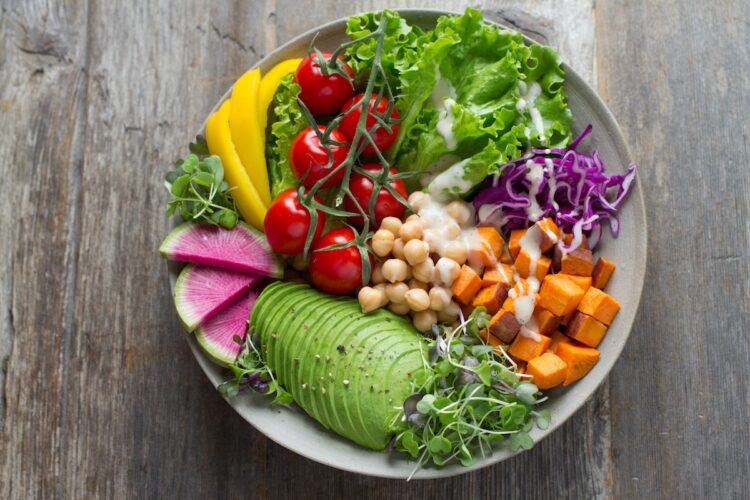
It is the practice of abstaining from animal products. This includes not eating meat, poultry, fish, dairy, eggs, or honey and avoiding leather, wool, and silk. For many people, veganism is a lifestyle choice that reflects their ethical beliefs about animals and their rights. Others may adopt the diet for health reasons or to reduce their environmental impact.
There are many different interpretations of veganism, but the most common ones include abstaining from consuming any animal products, whether from factory farming or hunting/fishing. Some avoid using products tested on animals (such as cosmetics), while others may only avoid items made with animal ingredients.
The important thing is that each person makes the choices that work best for them and that they feel good about. Whether you’re considering going vegan or want to learn more about this way of life, it’s essential to know all the aspects before committing to veganism.
How To Know The Top Brands That Offer Cruelty-Free Products?
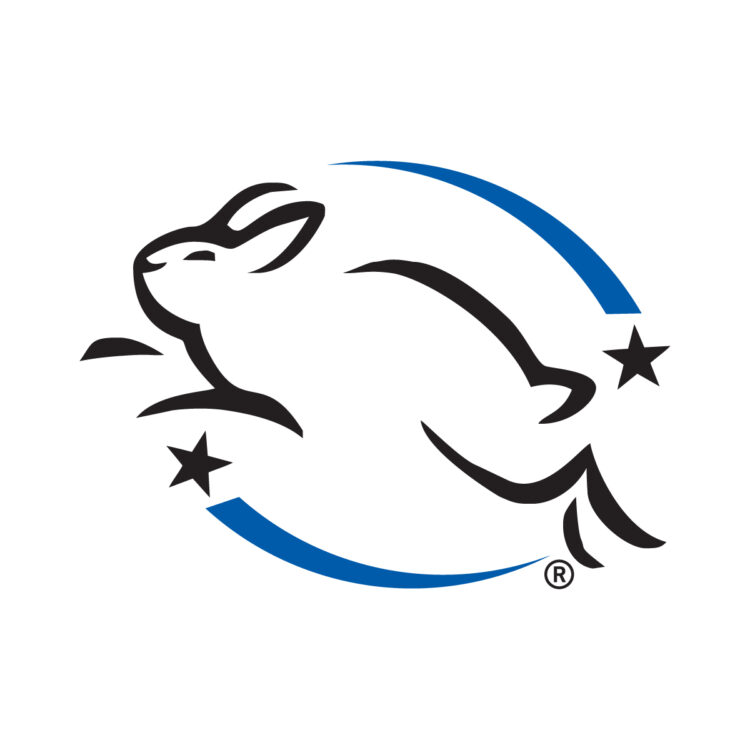
There are a few top brands that consumers can trust regarding cruelty-free products. These cruelty free brands not only make sure their products are free from animal testing, but they also promote sustainable practices and ethical values. There are a few things to look for when identifying top brands that offer cruelty-free products.
- The first is whether the company is listed on PETA’s website as a cruelty-free brand. PETA maintains a list of companies that have signed their pledge not to test on animals.
- Another way is looking for the Leaping Bunny logo on their products or website. The Leaping Bunny Program is run by Cruelty-Free International and certifies that a company does not test on animals at any stage of product development.
- Finally, many companies will explicitly state on their website or packaging that they do not test on animals.
5 Things To Know Before Going Vegan
Going vegan can be a great way to reduce your environmental impact and improve your health, but it’s not for everyone. Here are five things to know before you make the switch:
1. The Practicalities Of Going Vegan
First, it’s imperative to do your research. There are plenty of resources on the internet and in libraries that can help you learn more about veganism. Secondly, it’s essential to be prepared. This means that you’ll need to make some changes to the way you live and eat. You’ll need to find new sources of protein, vitamins, and minerals.
Finally, don’t expect everyone to be supportive of your decision. Some people may not understand why you’ve chosen to go vegan, and that’s okay. Remember that you’re doing this for yourself, and don’t let anyone else dissuade you from your decision.
2. You Don’t Have To Give Up All Your Favorite Foods
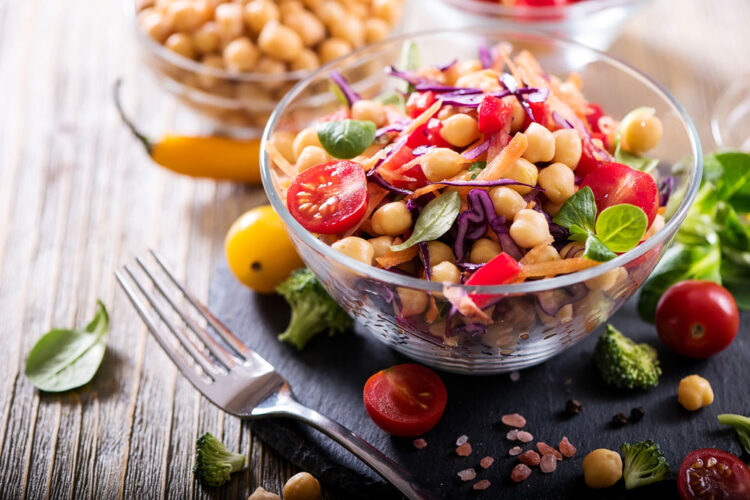
Going vegan doesn’t have to convey giving up all your preferred foods. You can still enjoy delicious plant-based meals that taste just as good as meat-based ones. It takes some time to get used to eating an entirely different kind of food, but once you do, you’ll be amazed at how satisfying, and nutritious plant-based meals are.
There’s no need to feel restricted by your new dietary restrictions. There are plenty of recipes available online that will show you how easy it is to prepare delicious dishes without ever having meat in your life.
3. There Are Plenty Of Delicious Vegan Options Available
If you’re considering going vegan, there’s no need to worry about giving up delicious food. There are plenty of delicious options available. For breakfast, you could try a tofu scramble with veggies. For lunch, how about a hearty lentil soup? And for dinner, a veggie-packed stir-fry would be perfect.
There are also great snacks, like fruit and nut bars, roasted kale chips, and veggie sushi rolls. You can also try a vegan version of one of your favorite dishes like lasagna or pizza.
And if you’re feeling adventurous, try making your vegan dish from scratch. There are plenty of recipes online that will help you create something unique without using any animal products. So as you can see, there’s no need to give up good food if you go vegan.
4. You Can Still Get All The Nutrients You Need On A Vegan Diet
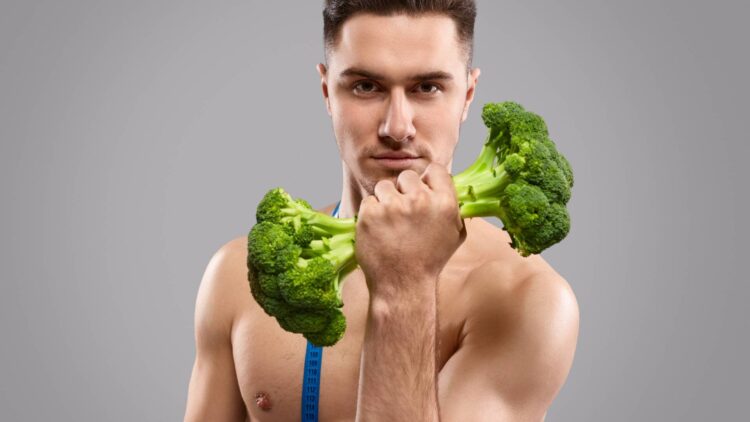
There are many misconceptions about veganism, and one of the biggest is that you can’t get all the nutrients you need on a plant-based diet. This isn’t true. With careful planning, getting all the nutrients for your body from plants is possible.
For example, iron is found in leafy green vegetables, beans, lentils, nuts, and seeds. Vitamin C, which helps with the absorption of iron, is abundant in fruits and vegetables like oranges, strawberries, kale, and broccoli. Calcium, meanwhile, can be found in dark leafy greens, tofu made with calcium sulfate, almonds, and Brazil nuts.
Many vegan foods are fortified with vitamins and minerals like vitamin B12 (found in fortified plant milk) and omega-3 fatty acids (found in flaxseeds).
So as you can see, getting all the nutrients you need without eating meat or other animal products is possible. With a little effort and planning, anyone can successfully follow a vegan diet.
5. Overall, You May Find That You Have More Energy And Feel Better

This is because a vegan diet tends to be lower in fat and higher in fiber than a non-vegan diet. And, of course, eating more fruits and vegetables is always a good idea.
But it’s not just about the food you eat – it’s also about how you feel about your food choices. For many people, going vegan is a way to connect with their values and make choices that align with their beliefs. Whether for ethical or environmental reasons (or both), choosing vegan can be a positive step in your life.
Conclusion
Veganism is not only about what you put in your mouth – but its impacts the environment. By reducing or eliminating animal products from your diet, you’re helping protect our planet and its resources. Being vegan isn’t just about being healthy; it’s also about compassion towards animals. By choosing compassion over cruelty, you’re taking a stand against violence and promoting peaceful relations between humans and other creatures.

